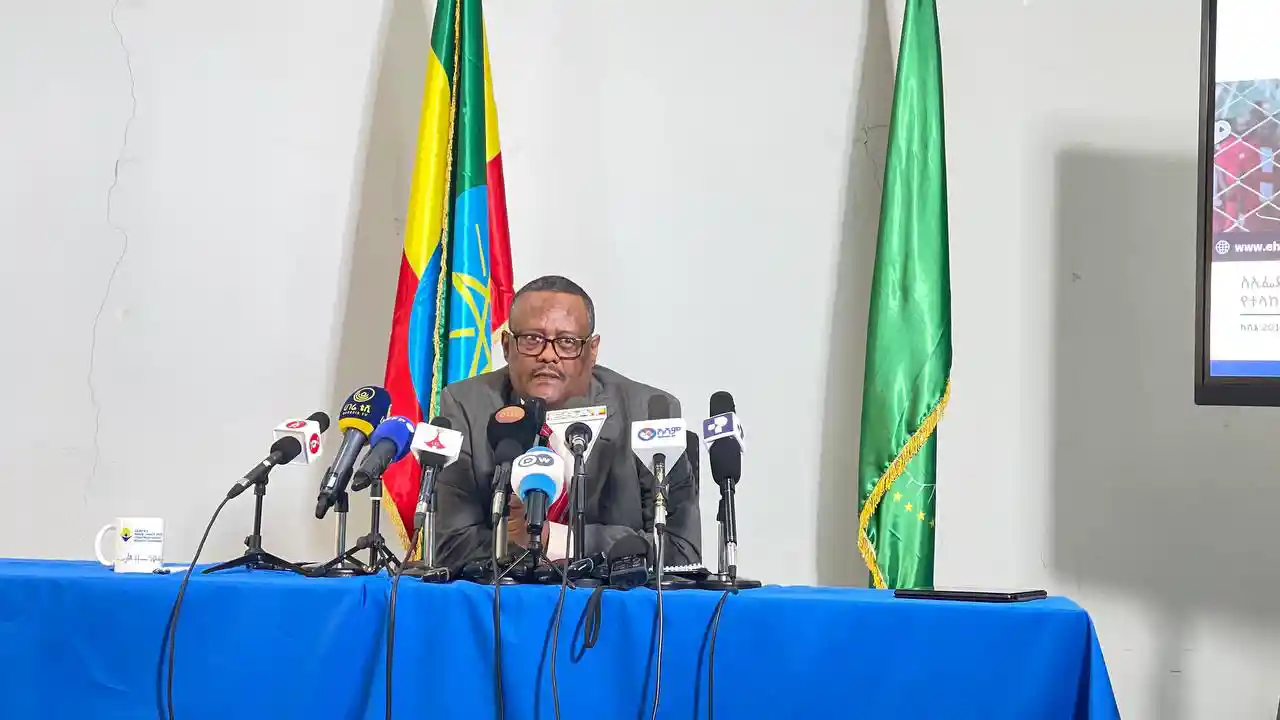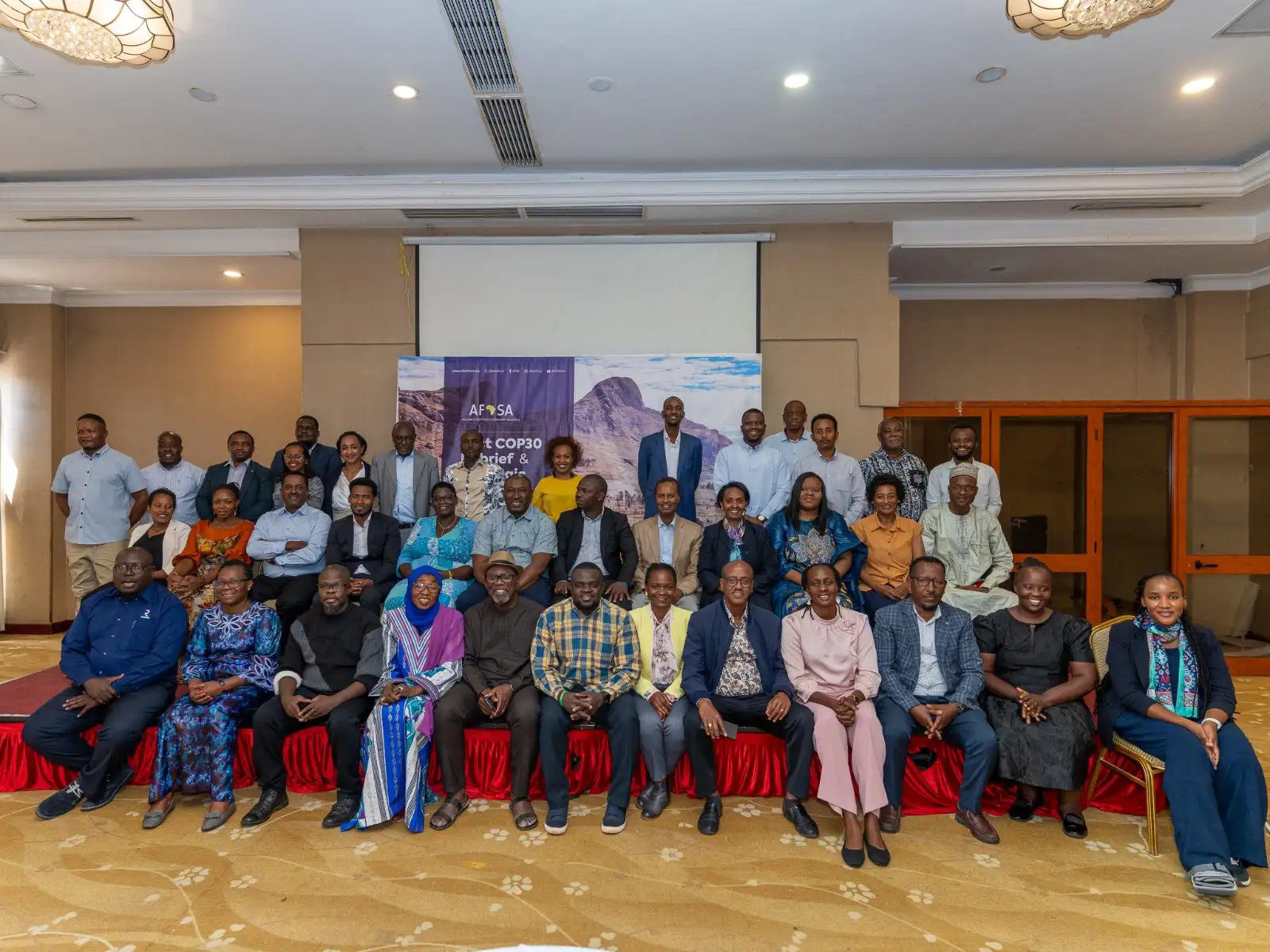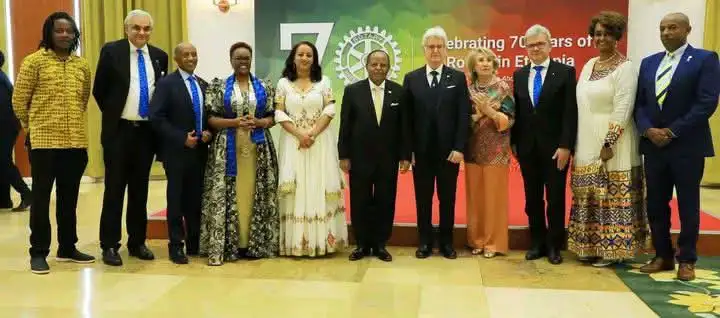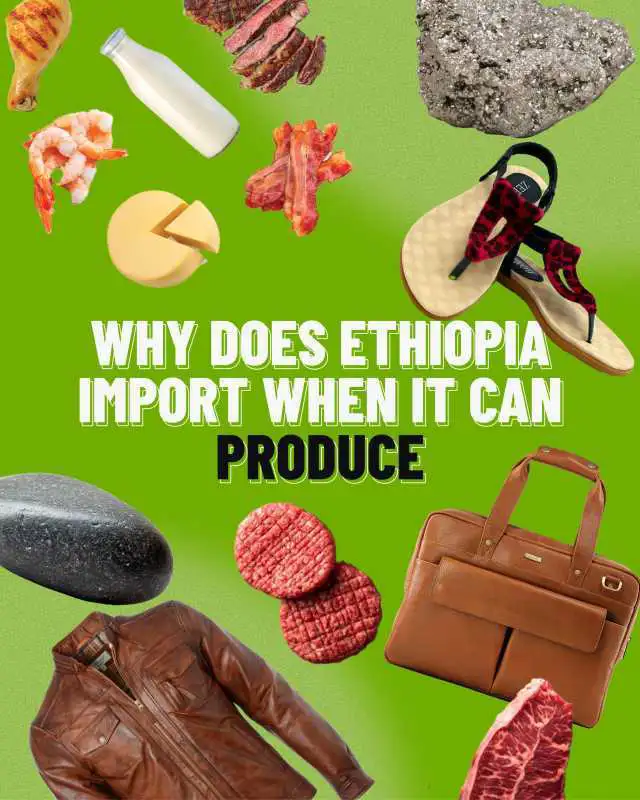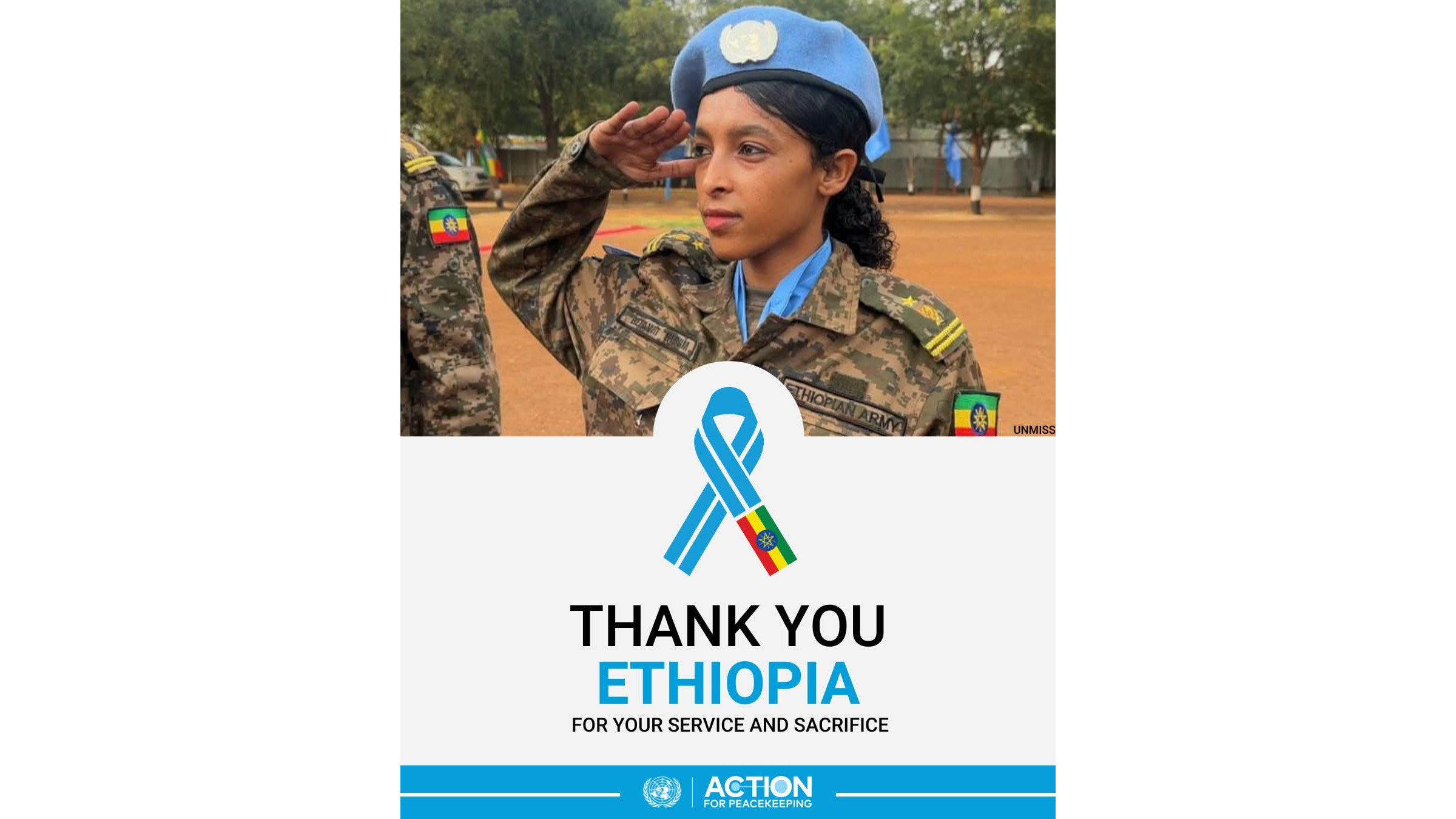Ethiopia's human rights situation has shown improvement, but challenges persist in conflict areas, according to the Ethiopian Human Rights Commission (EHRC).
Chief Commissioner Berhanu Adelo presented the annual report, covering June 2016 to June 2017 E.C., to media professionals, highlighting progress alongside ongoing violations.
Birhanu stated that international human rights institutions have acknowledged the positive strides made in Ethiopia.
Key activities contributing to the improvement include the adoption of draft proclamations establishing crucial institutions outlined in the transitional justice policy, as well as a draft proclamation on international crimes.
The EHRC also emphasised the strengthening of national consultation processes and agenda-setting as vital components of progress.
Despite the positive developments, the report underscored that human rights violations remain a serious concern, particularly in conflict-affected regions. Adelo noted that innocent civilians have been injured, displaced, and killed as a result of ongoing conflicts.
He specifically pointed to the need for greater protection of vulnerable populations in these areas.
A positive development cited was the peace agreement between the Oromia Regional State Government and the Oromo Liberation Front (OLF), led by Jal Seni Negassa.
This agreement, according to Birhanu, has led to improved security in some zones within the Oromia region, suggesting that peaceful resolutions can significantly impact human rights outcomes.
Acknowledging that lasting solutions require addressing the root causes of human rights violations, the High Commissioner urged all parties involved in conflicts to prioritise dialogue and peaceful resolution mechanisms.
He emphasised that reducing the conditions that give rise to violations is the most effective path towards lasting human rights improvements across Ethiopia.
